"Justice for Khojaly" is a slogan of a movement that recalls the tragedy of the twentieth century every year in February and tries to let the international community realize the pain Azerbaijani people felt when the Armenian forces in the town of Khojaly, Karabakh region of Azerbaijan committed a serious crime of humanity. It has become an international campaign and a worldwide movement that seeks to raise awareness about the Khojaly massacre, which killed hundreds of Azerbaijani civilians, including women and children. The Azerbaijani population became the severe victims of Armenian aggression on February 25-26, 1992, when the Armenian forces brutally exterminated and blamelessly captured the Azerbaijani residents of Khojaly town. It was a tragic night when the Armenian forces and militia invaded Khojaly and committed various human rights violations. These violations caused the killings of 106 women, 63 children, and 70 old-aged people. Additionally, 1275 residents of the town viciously became hostage, parallel to many becoming Internally Displaced People (IDPs). In addition to the IDPs, the unknown disappearance of residents, children with lost parents, and the female victims of rape have been recorded by various authentic independent media sources. Various research organizations, with the help of several empirical pieces of evidence, such as eyewitnesses and investigative records, have verified the happening of this brutal incident against humanity. Various reports published by governmental and non-governmental organizations from across the world have confirmed the Armenian aggression in the Khojaly.
The Khojaly massacre committed by the Armenian government is a violation of human rights, as innocent civilians were deliberately targeted and killed. The right to life is a fundamental human right protected by international law, and the intentional killing of civilians seriously violates this right. Additionally, the attack on Khojaly resulted in the displacement of thousands of Azerbaijanis, violating their right to a homeland and freedom of movement. In this way, it is pertinent to mention that the Armenian forces brutally violated fundamental human rights values and portrayed a miserable picture of humanity in Khojaly town. In response to the grave human rights violations, the Azerbaijani government has taken various initiatives for peacefully raising its voice against Armenian brutality. "Justice for Khojaly" appeared as an international campaign in 2008 launched by Leyla Aliyeva, vice-president of Heydar Aliyev Foundation. Under this campaign, the international community witnessed a brief layer of different events across the globe annually to bring global attention to this tragedy and demand accountability from those responsible for the massacre. The wide range of peaceful events consisting of awareness walks, photo exhibitions, academic seminars, research conferences, public rallies, social networks and different essay writing competitions try to urge the leaders of great powers to take appropriate measures against the Armenian government, which has committed the act of genocide in the town of Khojaly in 1992. This can be done through international criminal tribunals or other legal mechanisms based on the impartial and pragmatic role of the international community beyond their geoeconomic and geostrategic interests. As the Khojaly genocide has been internationally recognized by various states as a war crime and a violation of international humanitarian law, various policymaking circles of different states have started showing solidarity with the victims of Khojaly and their families. This deliberate Armenian act of aggression has gained worldwide opposition, and acknowledgment of Azerbaijan's position on this human tragedy has become a global reality.
Various media sources from different parts of the world have published their analyses and reports on the tragedy of Khojaly. Beyond the active role of media in highlighting this humanitarian crime, different legislative circles of states have formally provided their support to the “Justice for Khojaly” campaign.
The national legislative bodies of 18 countries, including Pakistan, as well as 24 States of the USA, the Organization of Islamic Cooperation, and the Organization of Turkic States, have adopted a number of resolutions and decisions condemning the Armenian act of deliberate aggression against the Azerbaijani population. Moreover, the Memorial Human Rights Center, Human Rights Watch, and Amnesty International have raised their voices to support the Azerbaijani victims of Armenian war crimes.
Based on the abovementioned scenario, it can easily be maintained that the international community is required to take more appropriate actions against the Armenian government and make the political leaders and state authorities involved in the Khojaly massacre accountable for the crime against humanity. In this way, the "Justice for Khojaly" movement is a call for justice and recognition of the human rights violations committed during the former Nagorno-Karabakh conflict, hoping to prevent similar tragedies from occurring in the future. As the Khojaly massacre was a grave violation of human rights, the international community needs to continue to advocate justice for the victims and their families. The movement “Justice of Khojaly" has become an international voice which seeks to support the families of the victims, parallel to making a unanimous stance of the international community against the occurrence of such crimes in the future. A collective action of the leaders advocating the values of human rights in the world is required to prevent the occurrence of the same incidents again under any circumstances.

Written by Dr. Attiq-ur-Rehman, Assistant Professor, Department of International Relations, NUML, Islamabad. (arehman@numl.edu.pk).
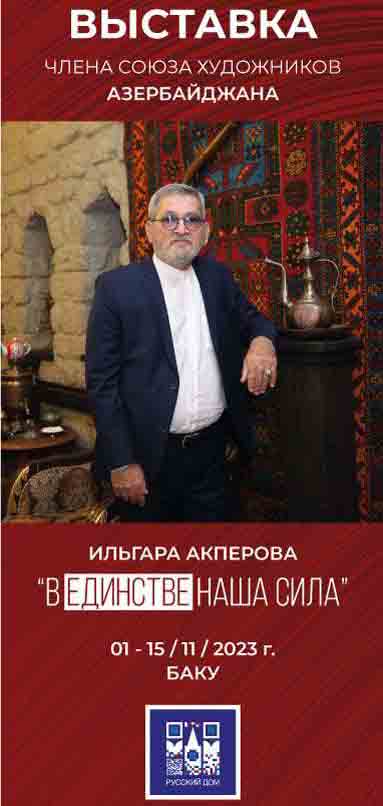



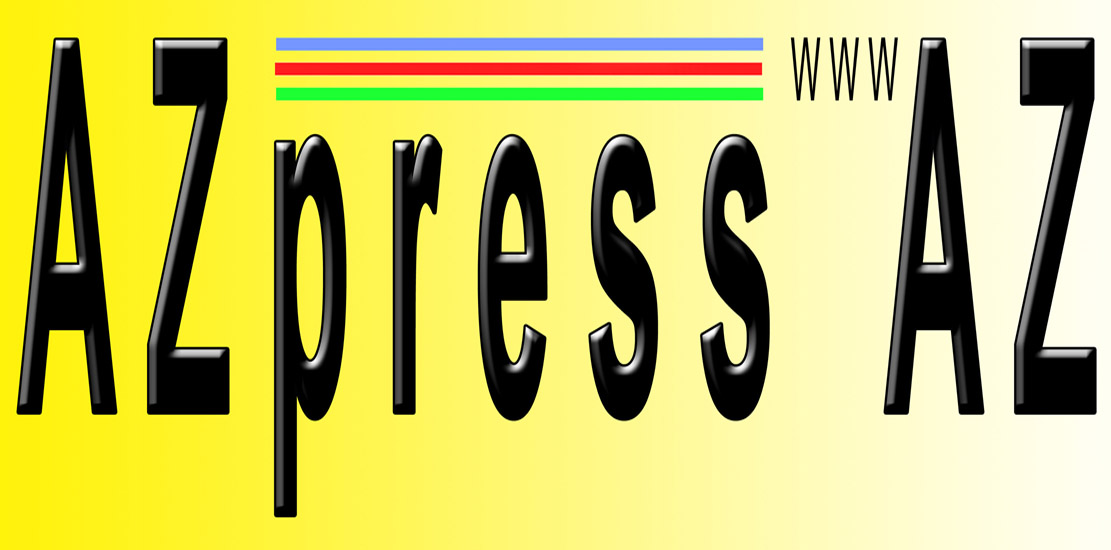




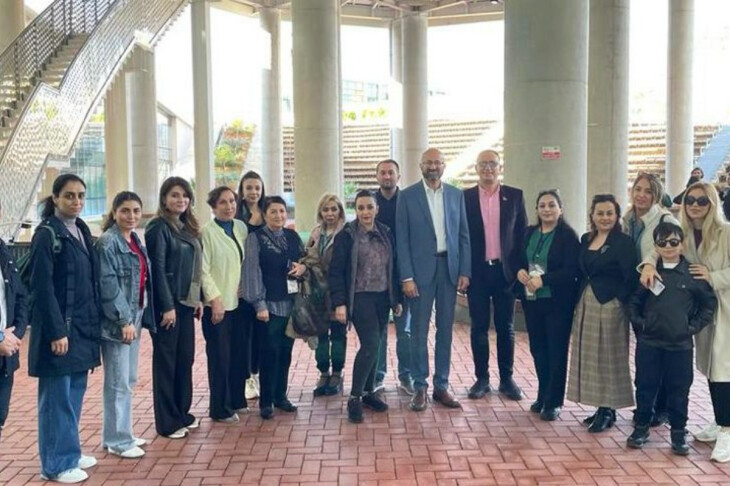
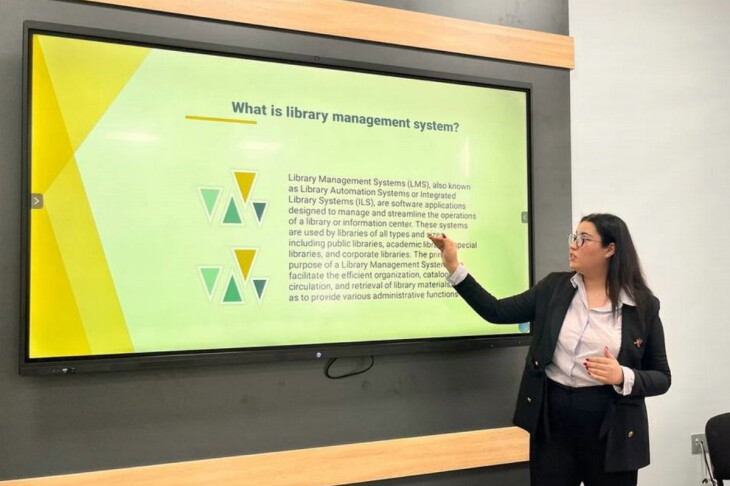
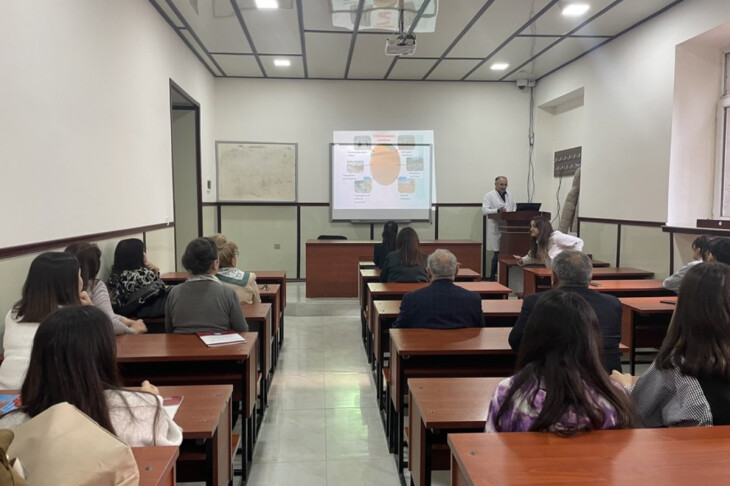
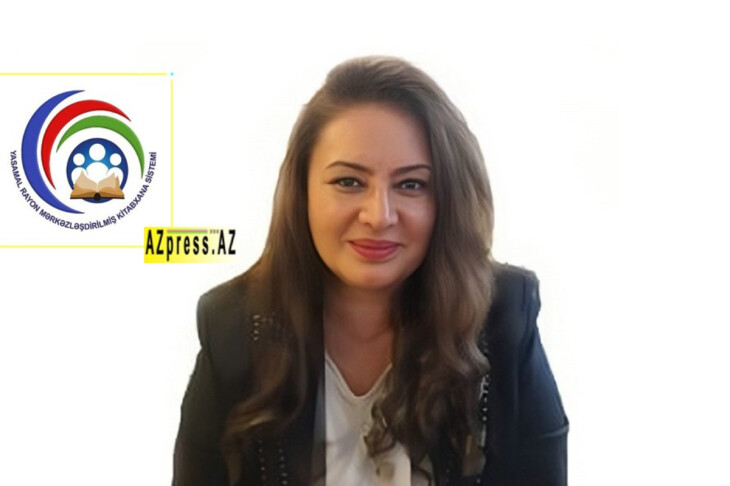
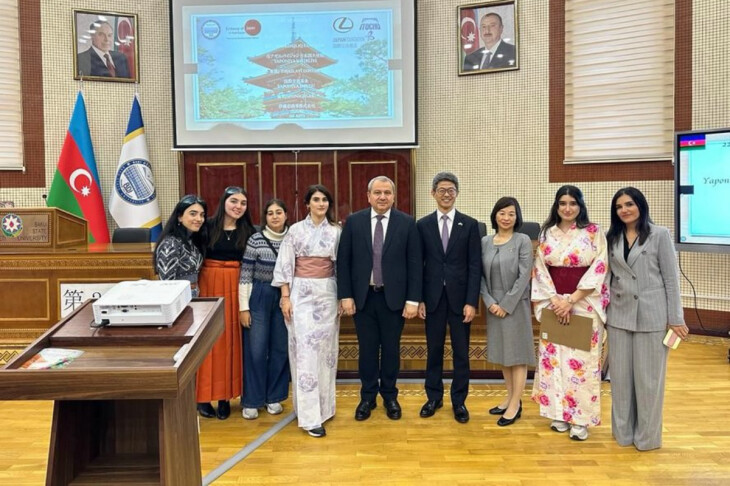


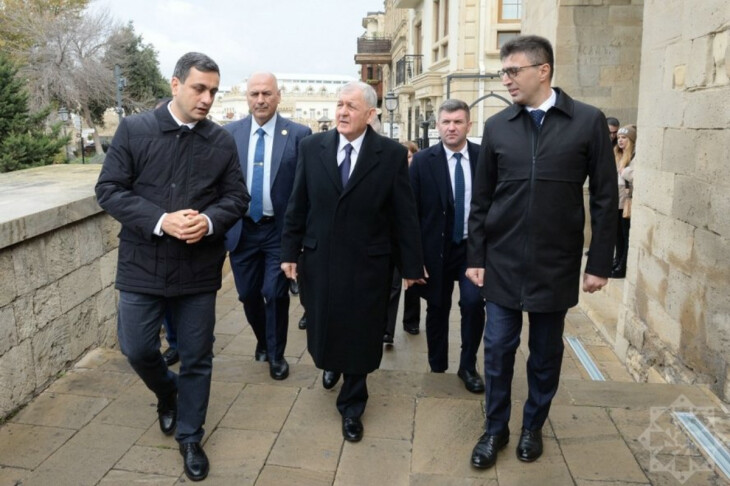
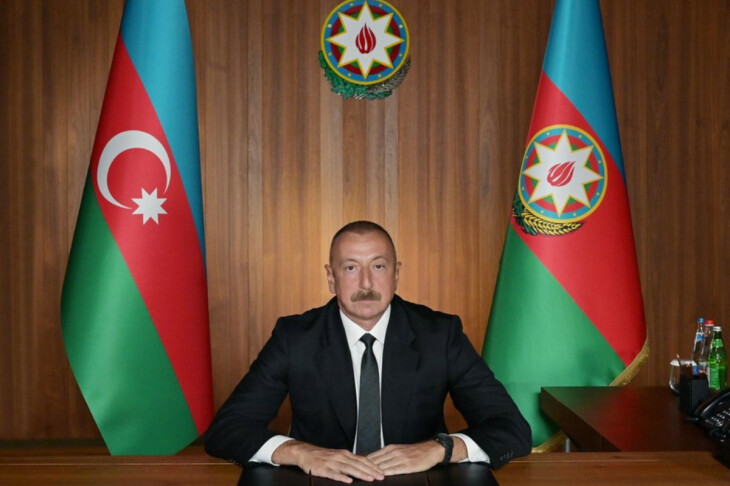
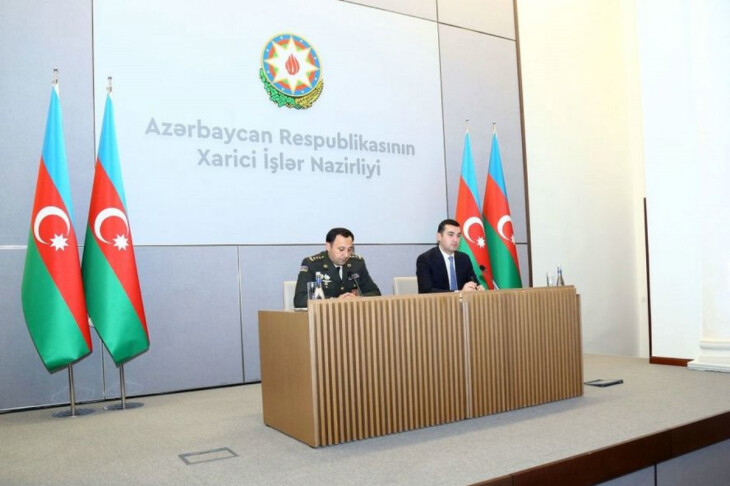
03 Comments
High Life tempor retro Truffaut. Tofu mixtape twee, assumenda quinoa flexitarian aesthetic artisan vinyl pug. Chambray et Carles Thundercats cardigan actually, magna bicycle rights.
Farm-to-table selfies labore, leggings cupidatat sunt taxidermy umami fanny pack typewriter hoodie art party voluptate cardigan banjo.
VHS Wes Anderson Banksy food truck vero. Farm-to-table selfies labore, leggings cupidatat sunt taxidermy umami fanny pack typewriter hoodie art party voluptate cardigan banjo.